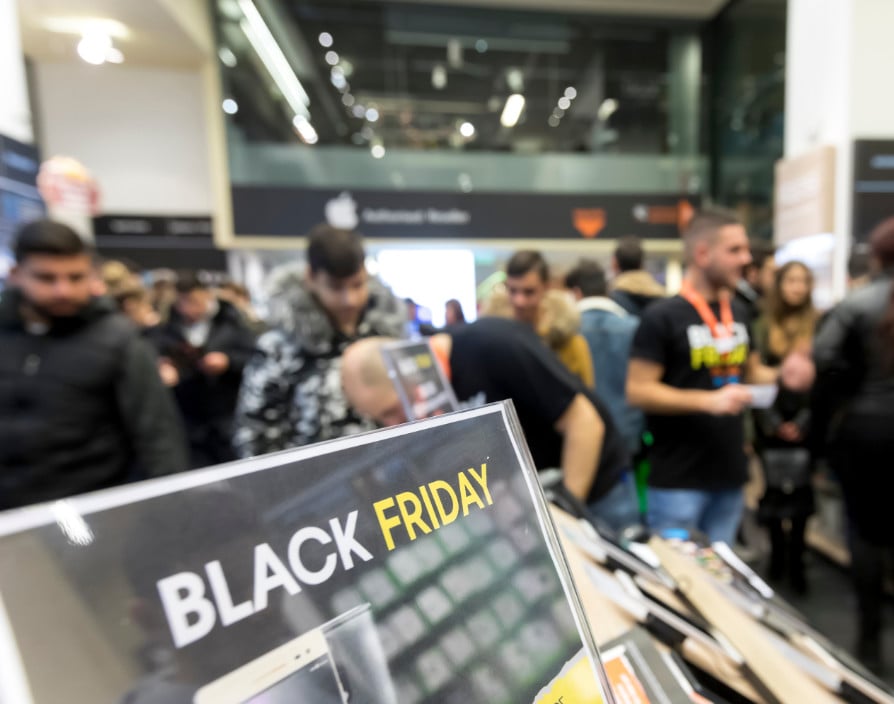Since it was first imported to the UK in 2013, Black Friday has continued to grow in importance for the retail sector.
According to the Centre for Retail Research, total sales for the Black Friday period (from the Friday to the following Monday) amounted to £8.29bn in the UK in 2018[1].
Some took to the streets last year in anticipation of an adrenaline-fuelled shopping frenzy, however, the quiet stores told a different story. Baying crowds had failed to materialise and one of the only shops that seemed to attract a big queue in the capital was, tellingly, Amazon’s pop-up store in East London[2].
Whilst Black Friday captures the attention of consumers, studies suggest that it’s increasingly becoming an online or multi-channel experience. And although we’re open to new ideas about how we splash our cash, we’re becoming less prepared to take to the streets to casually browse high street stores.
Black Friday is a relatively recent US cultural import, with McKinsey Research[3] suggesting that only 19% of UK shoppers participated in some form of Black Friday shopping in 2015; it’s now thought that well over half of us will participate in 2019.
The date officially falls on the first Friday after Thanksgiving, the date of which shifts from year to year. This year’s big day is November 29, a day on which US shoppers start thinking ahead to Christmas, and retailers’ accounts traditionally begin to fall into the black in anticipation of the profitable holiday period to come.
But with Black Friday increasingly moving online and Cyber Monday falling hot on its heels, the key dates have morphed into an extended, make-or-break sales period for increasingly beleaguered UK retailers. While a reputed 95% of the UK population are aware of the existence of Black Friday, few of us would feel confident in naming the exact date.
There are, undoubtedly, super bargains to take advantage of, but there’s also a prevailing mood of fatigue and scepticism. Online discounter, Black Friday Global, claims that a 60% markdown on products is typical of the bargains on offer, The highly trusted publication, Which, warn us that many products on offer are either not worth the price or are cheaper at other times of the year.
So, while Black Friday is set to continue in importance, expect only a proportion of retailers to really profit from the experience. McKinsey Research suggests that many Black Friday purchases aren’t planned — we’re receptive to offers which really set our pulses racing. And it’s those retailers which have the systems, strategies, and value propositions to capture our weary imaginations that will benefit in 2019.
Share via:


















































